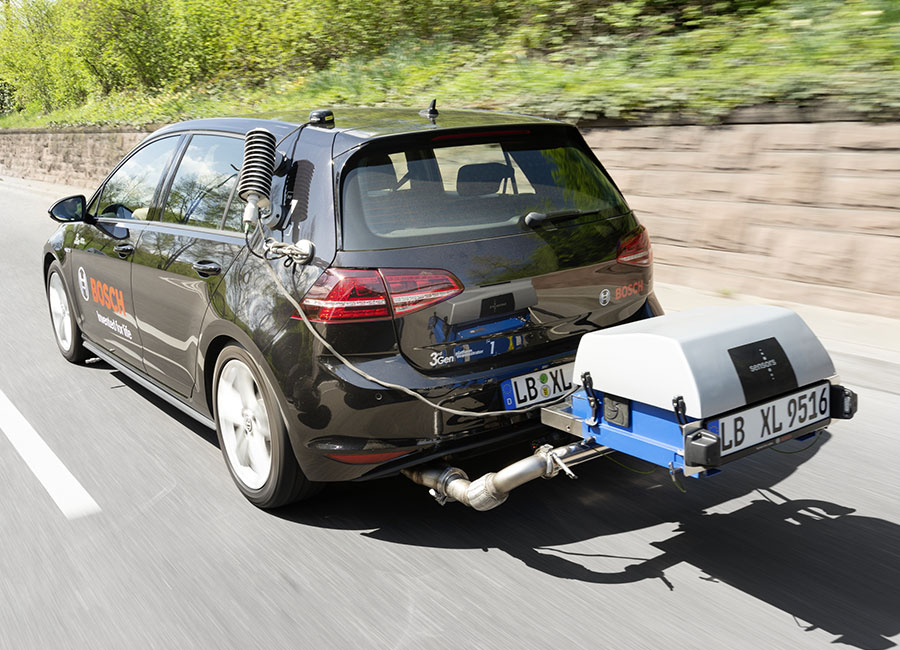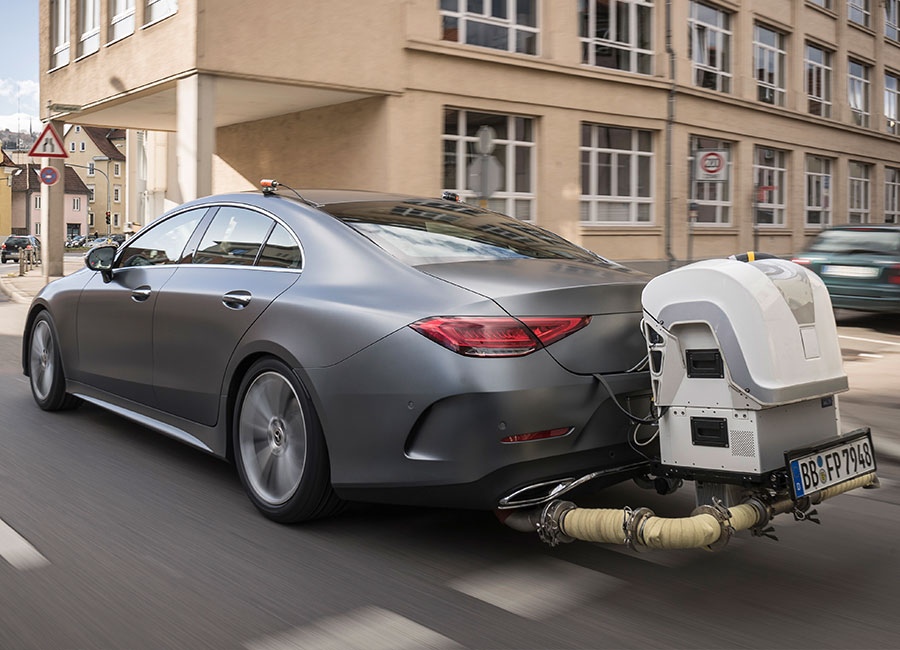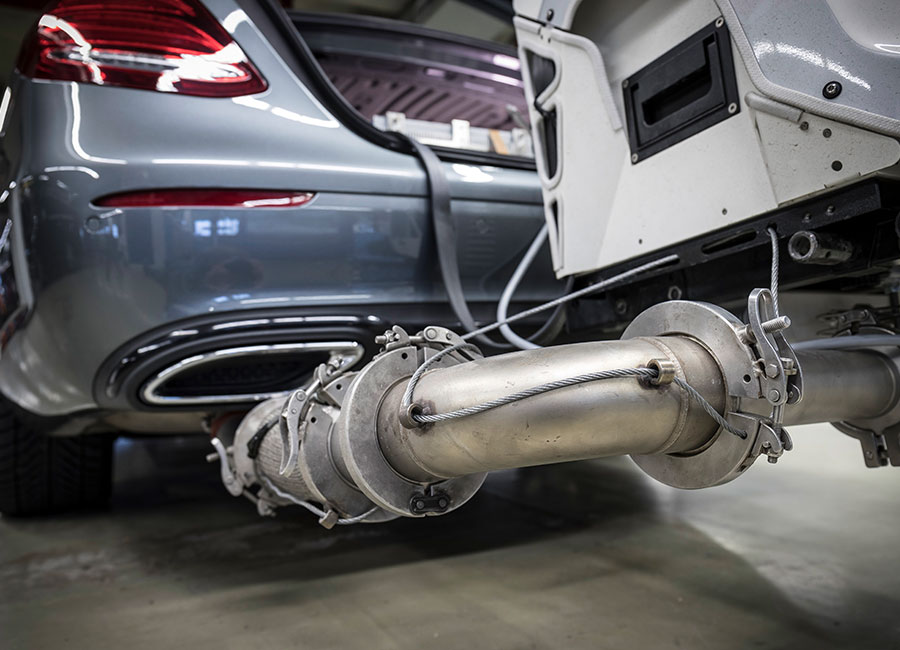The lack of test documents is having a devastating effect on sales in Europe with Audi deliveries falling by half in some markets.
In Australia, one owner told GoAutoNews Premium that his $300,000 Range Rover SDV8 – ordered on March 26 – is in limbo, sitting in a Melbourne warehouse while paperwork is being completed by authorities and Land Rover in the UK.
“No one can tell me if or when compliance may be reached and my car gets to be delivered,” he said.
“Some say weeks (the dealership). The JLR customer centre say ‘we will update you once a month on progress’ and others (online forums) say ‘good luck’.”
The bank-up of cars follows the introduction of the new WLTP (Worldwide Harmonised Light Vehicle Test Procedure) emission and fuel-testing procedure.
This has caused havoc for manufacturers who came late to the changeover from the previous rating system, NEDC (for New European Driving Cycle).
It is especially an issue for luxury car-makers with a wide variety of engines and gearboxes on offer in a multitude of different body configurations because each variant combination has to be tested separately.
It is already leading to some popular variants being dropped from Australian showrooms.
Frustrated owners are awaiting delivery for vehicles already in Australia, from brands including Mercedes-Benz, Jaguar Land Rover and Audi, because the test results are not yet available to be lodged with the design rule compliance paperwork.
Mercedes-Benz Australia/Pacific head of external affairs and corporate communications, David McCarthy, said delays were anticipated, with most attributed to the thousands of vehicle variants that require individual testing for emissions and fuel consumption.
These variants include the choice of wheel size, additional accessories that change the vehicle weight, engines and transmissions or aerodynamics – all affecting the vehicle’s performance and its fuel consumption and emissions.
“We have the A45 model that has a sub-7.0 litres per 100 kilometres fuel average but when we put on one-inch bigger wheels, it goes over 7.0L/100km,” Mr McCarthy said.
“That’s what we’re up against and why the testing and paperwork is so involved and is causing delays,” he told GoAutoNews Premium.
Mr McCarthy said that the delays are caused in Europe and not in Australia. However, he said dealers and customers were feeling the effect of the delays and some were vocal about having to wait for their new car.
“We test to a standard that applies in Europe and then that standard is applied to other markets, such as Australia.
“The hold up – and it is only very small in terms of our numbers – is like a funnel and once the new WTLP standard is in place and testing is completed, I don’t anticipate future delays.”
Mr McCarthy said the stringent testing was leading to some reduction in model choices and accessories.
“We always have a desire to reduce variants,” he said.
“But the customers want them. We have dropped the S65, for example, and the A-Class hatch is no longer available with a diesel engine.
“We’ve known this (WLTP) was going to happen for a long time and resourced it accordingly,” he said.
“It will sort itself out over a period of time, but it’s the absolute level of detail in the certification for that testing that is causing the delay, because of the variants.”
Peugeot and Citroen had already followed the new testing procedure which creates more “real world” driving situations to arrive at fuel consumption and emission levels.
WLTP applies only to Europe however the vehicles made for that market must have a compliance document before being exported. It is this lack of a compliance document that is holding up cars in Australia because an emissions rating is a requirement under the Australian Design Rules.
The introduction of WLTP has slowed or stopped vehicle production in European factories as modifications are made to meet the new rules.
It has subsequently ravaged sales.
Across Europe, Audi sales fell 55.5 per cent in September as cars were unable to be registered because of a lack of a WLTP compliance, according to the Society of Motor Manufacturer and Traders’ (SMMT) in the UK.
Volkswagen Group made up 49 per cent of the UK’s total decline in registrations of 20.5 per cent in September.
In the same month, Audi’s registrations fell by 53.42 per cent in the UK and 69.4 per cent in Germany.
The Financial Times reported that Volkswagen Group had earlier this year predicted that the introduction of WLTP would cost it more than a billion euros ($A1.62b).
Mercedes-Benz and BMW had also issued profit warnings primarily blaming WLTP, but they also included trade issues relating to problems with proposed US tariffs.
By Neil Dowling














 Read More: Related articles
Read More: Related articles

